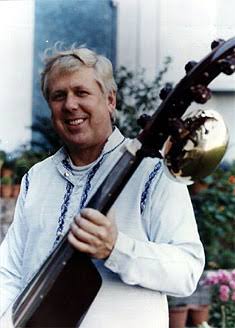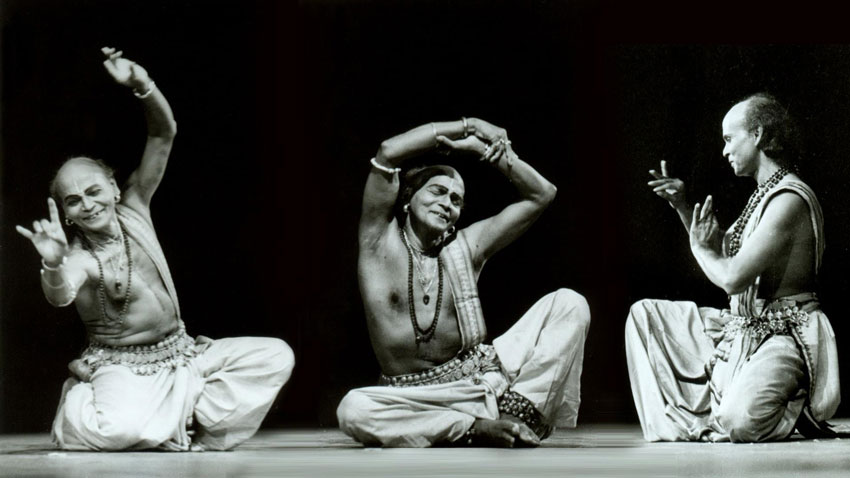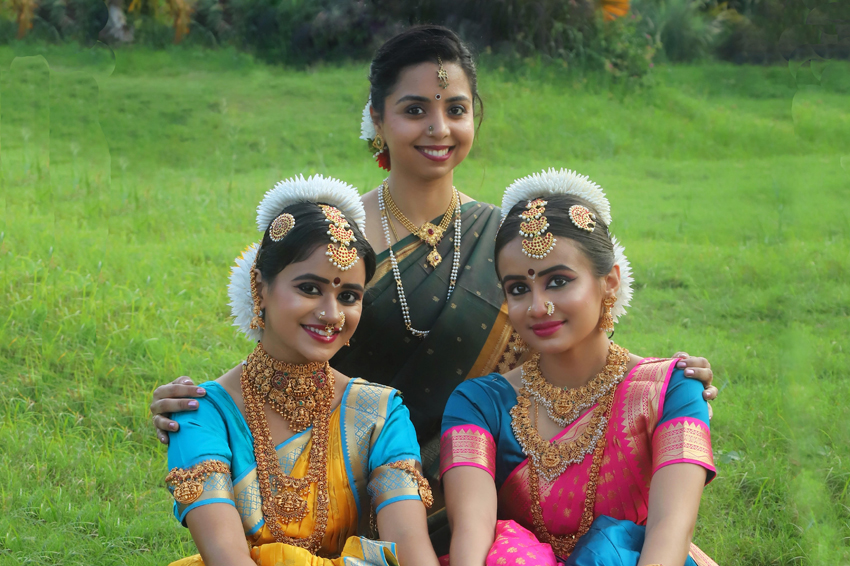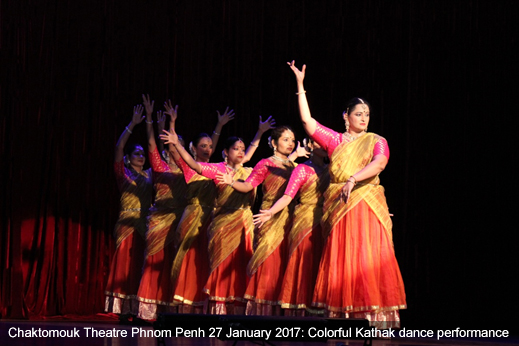Kathak means “story-teller” and Kathak dancing is North India’s best-known and most widespread type of classical dance. Dance has been connected to music and theatre since ancient times. Kathak dancer Chitresh Das was brought up the old way, spending many years in training with his guru, Ram Narayan Misra. His performing career was launched in India when he was invited by Pandit Ravi Shankar to perform in the first Rimpa Festival in Benaras. But he is, at the same time, a product of the modern age, educated in Roman Catholic missionary school schools during the heady excitement that followed India’s independence from Great Britain in 1947. He went to the West in the early 70s to teach and study modern dance.
In his own words, he describes his dance training :
“My father asked my guruji to bring me to stay at his house. When I was 13, my guruji would awaken me at 4 o’clock in the morning. Dance hard from four to eight. Then a fantastic breakfast. For two years. And I became very strong. So strong. I will never forget that. I never forget that. I never knew then, but now I know that it is my guruji’s gift to me. That made me who I am today. he gave me the soul food for my dancing. And that is what the great guru did at that time. They had to take responsibility to make sure the student practised right. Not, ‘Go home and practice!’ No. ‘You practice in front of me. What I do is none of your damn business. You practice right. And if you don’t, I’ll come in there and make you practice right!”
That is a guru. A guru gives blood. Who said that I was watching a national program on Indian television on one of my visits to Calcutta, and there was great old pakhawaj-ji, with his little turban, and an older man with bug eyes and heavy specs, who was asked, “Who is a guru?” He said, “A guru is one who gives blood.”
And that is what my guruji was. A guru is not just wearing a saffron robe and giving some discourse on religion. No. Not to us. I don’t accept those kinds of gurus. And you will say “Aren’t you being prejudiced?” Yea you bet I’m prejudiced! Because I have been raised by a guru who did not say sweet words. They were like samurais; or maybe in America, like the football players. Or an apprenticeship in Europe, where you stay with your master and study. The “guru” concept is maybe Indian, but it existed the world over. In India, it took on religious tones, but if you see the word, “guru” it does not mean just a teacher. It is one who removes the darkness. It is quite a responsibility. And those saffron robe wearers in America, who call themselves gurus, or every Tom, Dick, and Harry who invents some computer, and they are called “guru”; this is a very stupid statement. You should write this in Webster’s dictionary. No change it to “goru”, not “guru.” A goru is a cow. Write that in your article. Not everybody is a guru. That is why I find sadness in many of the older generations over how these people have sold out.
This is an excerpt from an article written by George Ruckert who interviewed Pt. Chitresh Das and was originally published in Rhythm Music Magazine Volume IV, No. 3, 1995. ClassicalClaps thanks Ms. Seema Mehta, Instructor, Chhandam School of Kathak for providing this.
George Ruckert, Senior Lecturer Emeritus in Music. MA, Music Theory and Composition, Queens College; Gayan Vadya Bid, Ali Akbar College, Ph.D., Ethnomusicology, UC Berkeley. Ruckert joined the MIT faculty in 1992 and has taught western music, world music, popular music, music fundamentals, folk music, and harmony and counterpoint.










